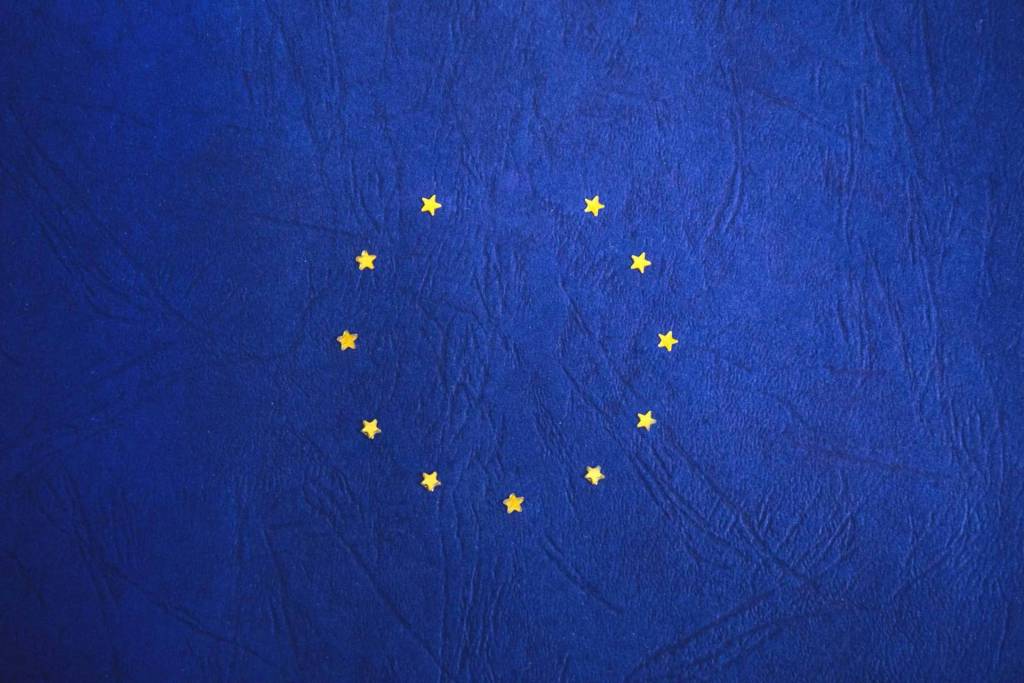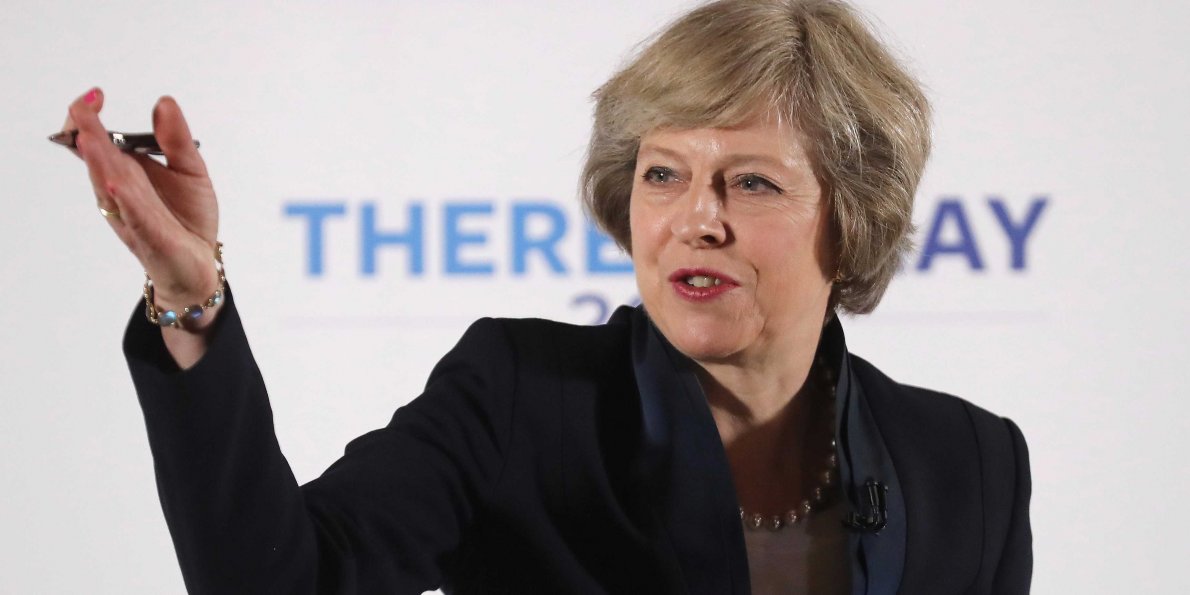The month of May marked the end of British Prime Minister ‘May’, and was ultimately about continuations of previous stories and themes, the outcome of the European Elections and the start of the Conservative leadership race.

US China trade wars
There was a shift in both the rhetoric and the real effects of the ongoing trade disruption between the US and China. It certainly felt as though we had stepped away from trade talks and towards trade wars as the impact of US sanctions on Huawei meant that companies around the globe had to start cutting ties with the Chinese communications company. Google announced that none of their apps would be downloaded onto any new Huawei handsets. ARM electronics, the UK chip producer, said it would also be cutting ties.
The US President can, and frequently does, U turn on policy through fresh tweets. However, these actions from large corporates will not be reversible easily, if at all, so there is very real damage now being done to Huawei as a company. As a result, Huawei bonds and shares have collapsed, and this serious attack on one of Chinas leading companies is seeing a firming of stance and rhetoric from the Chinese government. By the end of May, equities globally had had their worst May for 7 years and lost over 6.5% of their value.

European Elections
The elections in Europe passed with less fuss than many had predicted. While there was certainly a pick-up in votes for both populist and nationalist parties, it was not as large a swing as feared, and the centrist parties still managed to hold on to many of their seats. In Germany the swing was towards the Greens. In France, Macron has to cede the majority of the vote to Marine Le Pen. Following on from a poor result for the Conservatives in the local by-elections, the European Elections fared even worse for them. The Government secured less than 10% of the vote as Nigel Farage’s Brexit party surged. This was the worst performance in the UK for a party in power for 200 years.
UK Elections
The UK by-elections painted a grim picture for the two main parties, seeming to send the message from the public that they are fed up with politicians – especially those who fail to deliver. By contrast, the parties that did well were those who have a concrete position on Brexit. The Liberal Democrats did very well with their ‘Stop Brexit’ policy, as did the Green party. This was arguably the final nail in the coffin for Theresa May, who was possibly hoping to hold on for another few weeks to get some kind of a deal through Parliament.
May came under increased pressure to announce her resignation, something she finally did just before the end of the month. A clutch of Conservative MP’s threw their hats into the ring almost immediately, with no less than thirteen making up the final list. The heavyweight favourite, in all senses, is Boris Johnson. He made it very clear that his policy would be to take the UK out of the EU on 31st October with or without a deal, news which weakened the pound immediately. It seems clear the only thing Parliament has found an agreement on so far was that a no-deal scenario was not acceptable, and so Mr Johnson may find that he has a significant challenge in getting his policy ratified. Sound familiar?

Australian and New Zealand rate cuts
In Australia expectations grew of not one, but many interest rate cuts to come throughout the year, and the RBA (Reserve Bank of Australia) duly delivered right at the beginning of June. The currency held up well, most likely because of the level of expectation in advance of the move. What will be more interesting is whether the world now starts to believe that with the first major central bank cutting their rates, we might have seen the top of interest rates globally. This will have much more impact in the US and Europe than it did down under.





























